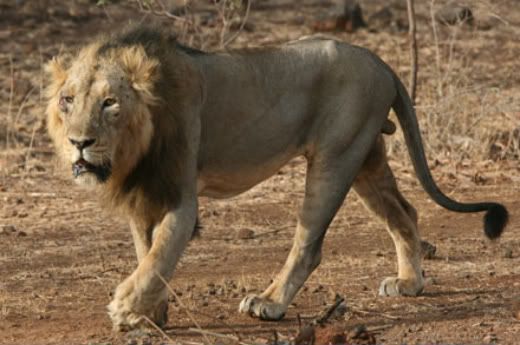Thursday, 14 July 2011
Mumbai terror attacks: 18 dead, 133 injured in three bomb blasts
Mumbai: Mumbai woke to a rainy morning in the aftermath of its first terror attack since 26/11. Despite the special hubs for tackling terror strikes, it was left exposed yet again last evening - three blasts within 12 minutes. Eighteen people have died and 133 injured. The city has been sealed and is on high alert; so are Delhi, Chennai, Kolkata and Bangalore. (Read: High alert in cities across India)
Through the night, the hospitals in Mumbai were in overdrive.
Chief Minister Prithviraj Chavan, who called the terror strike "an attack on the heart of India," visited JJ Hospital where 20 people were admitted, nine with serious burn injuries. All serious burn injury victims are being moved to JJ Hospital.
Home Minister P Chidambaram, who reached the city last night, visited each of the three locations where Improvised Explosive Devices (IED) ripped through the Wednesday evening rush hour. Sources say upto seven IEDs may have been used in the three blasts.
At a bus stop in Dadar, the IED was planted inside an electrical box; outside the popular snack shops in Zaveri Bazaar in South Mumbai, the IED was placed on a motorcycle under an umbrella; next to Opera House, the device, police say, was placed in a ditch on the road.
The three explosions occurred within twelve minutes - a coordinated terror attack, said Mr Chidambaram. (Read: Chidambaram on Mumbai blasts) Chief Minister Chavan told NDTV that there was speculation that fuel was used in the IEDs, a sort of Molotov cocktail, but said he would prefer for the police to handle and confirm these details. (Watch: This is an attack on the heart of India, says Maharashtra CM)
The blast at Opera House was the most powerful. (Watch: YouTube videos on Mumbai blasts)
Teams from the National Investigating Agency collected forensic evidence from the locations. Special officials from the Central Forensic Science Laboratory (CSFL) in Hyderabad and Delhi are also handling the case. Traces of ammonium nitrate have been found.
Despite the heavy rain, experts say, forensic evidence was not washed away. Samples have been safely collected and are being checked at a forensic lab in Kurla in Mumbai. The details they reveal will be shared this afternoon by investigators. The police also say security cameras opposite the bus stop at Dadar and from Opera House will provide important clues.
As the explosions stabbed Mumbai last night, the city kept its calm. Mid-day newspaper reported that the city's trains were running on time on the Central and Western lines. Mr Chavan accepted that the attacks prove that "terror groups are active and able to strike at will."
Tough lessons learnt from the city's 26/11 attacks prompted the Mumbai Police to send a mass text message to all cellphone users in the minutes after the blasts, warning people to stay indoors. (Read: Police's SMS after Mumbai blasts)
On Twitter and Facebook, strangers reached out, volunteering their homes to those lost or stuck, offering blood to hospitals and families of those injured. Under siege yet again, the city tried to protect itself.
The first blast took place at 6.54 pm in Zaveri Bazaar in South Mumbai, a crowded market named for the many small jewelry stores that fill its narrow streets. A minute later, there was an explosion at Opera House, also in South Mumbai; the final strike was at 7.06 pm near Kabutarkhana at Dadar West in Central Mumbai.
http://www.ndtv.com/article/india/mumbai-terror-attacks-18-dead-133-injured-in-three-bomb-blasts-119128
Subscribe to:
Post Comments (Atom)










0 comments:
Post a Comment